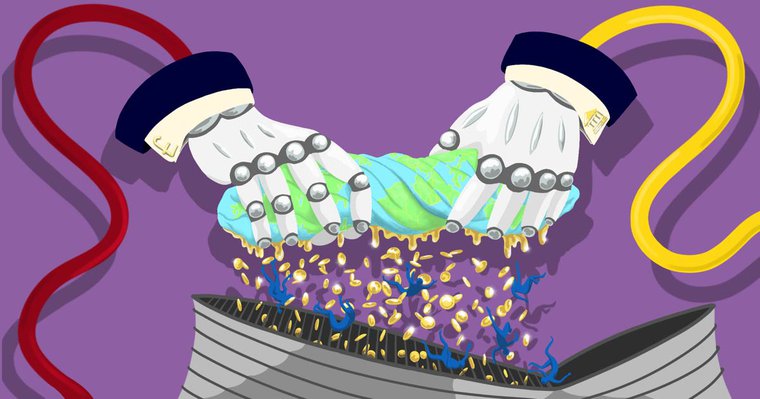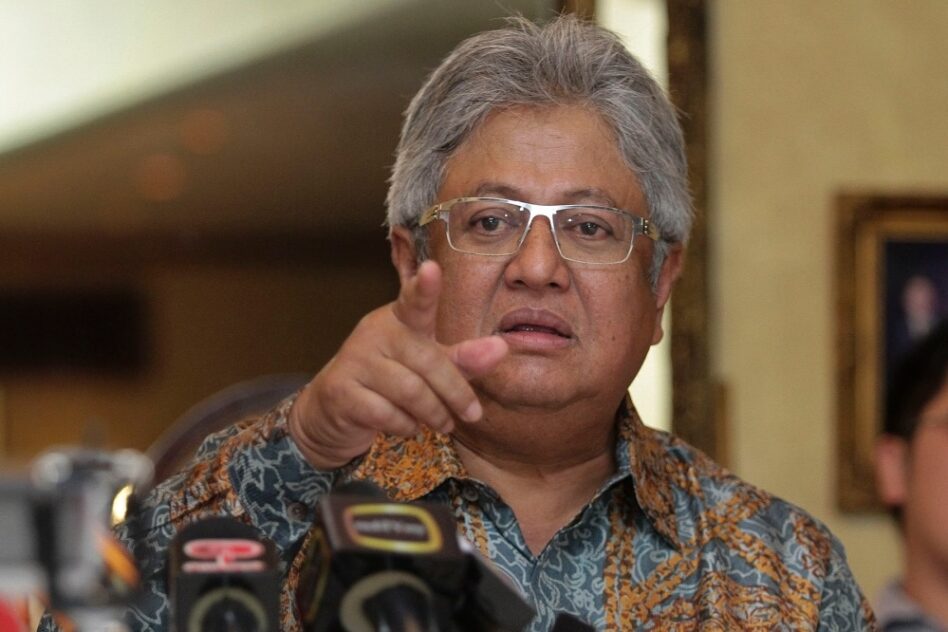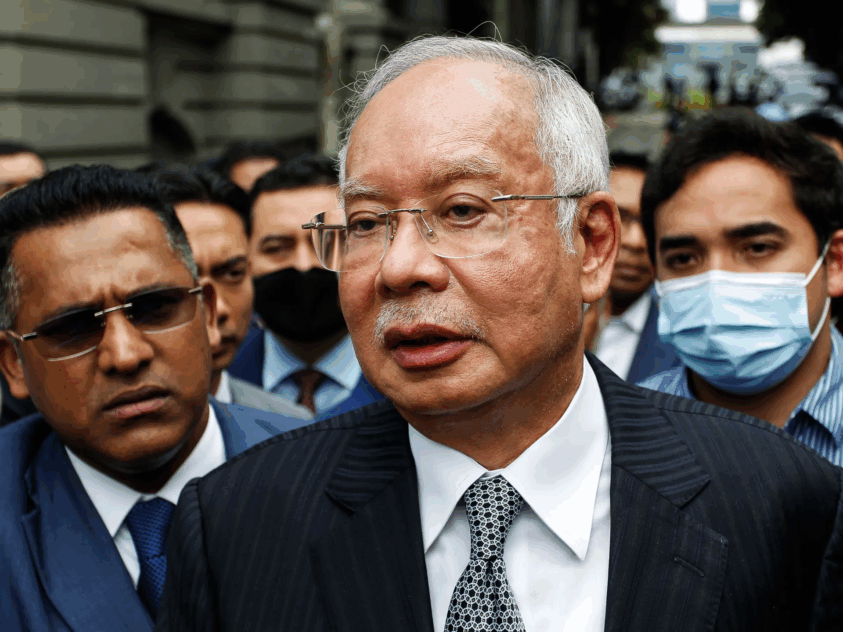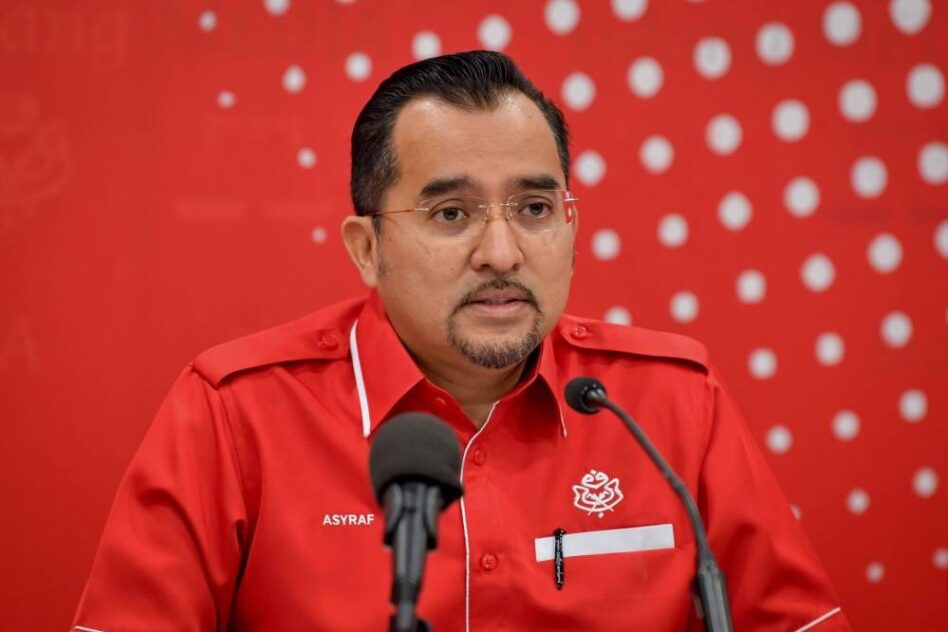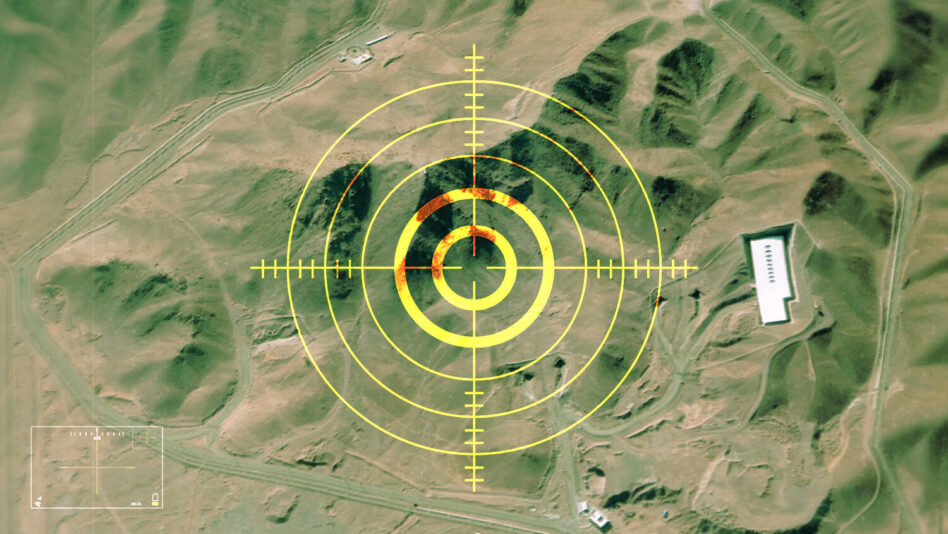FORCED labour in a broader sense is the exploitation of human beings by other human beings.
Such an exploitation takes place on all levels of society but forced labour is used to explain the exploitation of labour on the working class by those who own and manage companies, factories and work places in general.
Such a phenomenon is nothing new and started way back when men learned to exploit the labour of others in return for payment in cash or in kind.
Of course, the exploitation of the working class changed with the passage of time and the nature and manner of exploitation of labour changed with the political, economic and social developments.
The struggle of the working class was paramount in checking the severity of their abuse by those who owned the means of production.
Although the severity and intensity of exploitation might have changed in freeing labour from absolute exploitation, exploitation nonetheless existed in varying manifestations in different labour settings.
Central to the emergence of free labour is the notion of labour theory of value.
It is not that those who own the means of production had suddenly become enlightened but it is rather the fundamental recognition that labour contributes to value in the production of superior goods and services.
As more and more labourers had become educated and talented, it was not possible to reproduce labour relations as in the past and thus, a different sort of relations had to be put in place.
The advancement of the economic system based on science and technology had to invariably depend on the critical input from talented labour.
Some scholars called this the recognition of labour talents, although the recognition of the value of labour was not across the board.
While the global economy moved in the direction of capital deepening in the forms of modern production systems, the existence of pre-modern economy that depended on the use of cheap and malleable labour stood as an affront to modern capitalism.
These pre-modern or primitive modes of production co-existed with the modern ones.
There was, however, a difference. While the modern capitalist enterprises recognised the critical value of labour in the production process, this was not so with establishments that relied on labour that was controlled, cheap, malleable and coerced.
This is what forced or unfree labour is all about.
Forced labour cannot be removed by the application of the International Labour Organization (ILO) guidelines or asking the US Embassy to intervene.
It is paradoxical that assistance from the US is sought to address forced labour without the realisation that forced labour is widespread in the country.
The use of seasonal Mexican labour in the US agricultural establishments is a case in point of the widespread use of forced labour in the country that lectures world on freedom, equality and democracy.
Forced labour cannot be removed in a matter of days, months or years.
It will last as long as the value of labour is not recognised or major steps are not taken to address the critical lack of talents in the country.
It will last as long as the economy does not move in the direction of capital deepening and the reliance on labour value or talents.
Yet the Malaysian government is either ill-advised or seems indifferent to the sad and tragic plight of forced labour.
Plantations, factories and other establishments that require cheap and malleable labour are the culprits that perpetuate the system of forced labour.
These establishments might be in the twilight zone, but they are here to stay for a long time.
Rather than taking the concrete steps to address the phenomenon of forced labour, the Government seems more interested in taking steps to increase the recruitment of foreign labour from countries like Indonesia, Bangladesh and Nepal.
I am sure that once they are in the country they would be parcelled off to plantations and factories that only require their labour for long hours but pay them pittance in return.
This begs the question: Are we moving the direction of removing forced labour or are we hell bent on perpetuating the system of forced labour? – April 26, 2022
Prof Ramasamy Palanisamy is the state assemblyperson for Perai. He is also deputy chief minister II of Penang.
The views expressed are solely of the author and do not necessarily reflect those of Focus Malaysia


